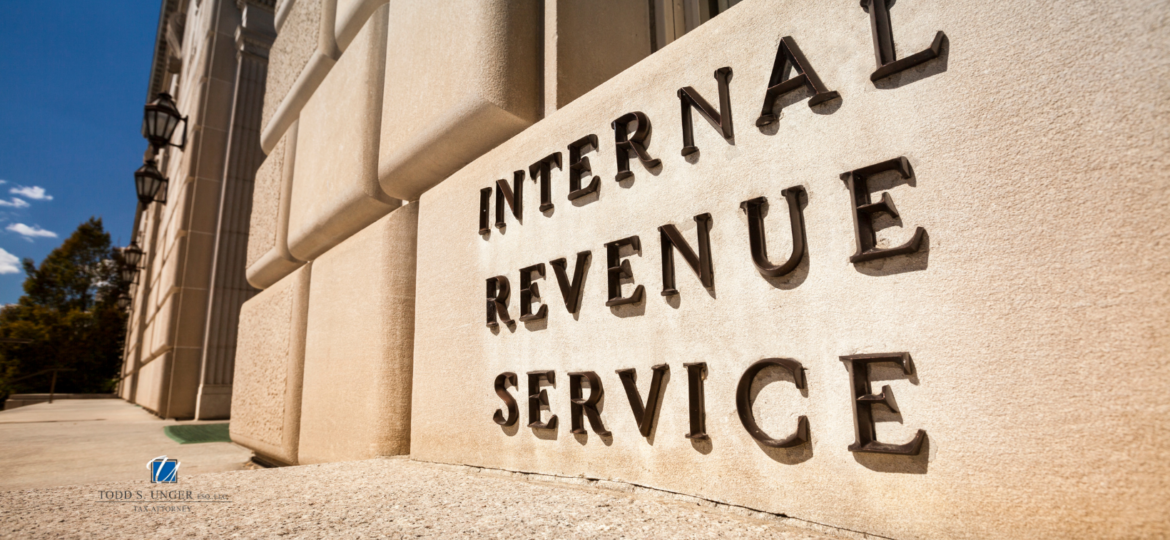
IRS Audit Increase Announced
An IRS audit is a crucial process for taxpayers to understand. It verifies the accuracy and compliance of a taxpayer’s financial information and tax returns with tax laws. This scrupulous examination involves examining documents such as income statements, receipts, and other relevant records to ensure no discrepancies in the reported figures.
The primary purpose of these audits is to minimize the ‘tax gap,’ which is the difference between the total taxes owed to the government and the amount actually collected. This gap can result from various factors, such as underreporting of income, overstatement of deductions, or non-payment of taxes. By closing this gap, the IRS aims to enhance tax compliance and ensure fairness in the tax system, ultimately securing adequate revenue for federal funding and services.
2024’s Strategic Operating Plan
The IRS’s Strategic Operating Plan, significantly bolstered by the Inflation Reduction Act of 2022, is a transformative initiative. It aims to infuse the agency with $80 billion in new funding, focusing on modernizing outdated systems, enhancing taxpayer services, and increasing enforcement capabilities to close the tax gap more effectively. This plan is a significant development that taxpayers and financial professionals need to be aware of.
By allocating these resources strategically, the IRS intends to improve operational efficiency, expedite service responses, and increase audit capacities, particularly targeting high-wealth individuals and large corporations to ensure they pay their fair share of taxes, thus increasing the overall tax compliance and revenue for the U.S. Treasury.
 The IRS is Coming For High-Income Taxpayers and Large Entities
The IRS is Coming For High-Income Taxpayers and Large Entities
This targeted approach stems from recognizing that these groups, including high-wealth individuals, large corporations, and complex partnerships, have complex financial structures and significant tax responsibilities. These factors can lead to substantial discrepancies in tax payments, making them a priority for the IRS’s enforcement efforts.
Here’s a detailed breakdown of how audit rates will change and why these specific groups are being targeted:
Large Corporations
- Increased Audit Rates: Audit rates for large corporations with assets over $250 million are set to nearly triple, rising to 22.6% by the 2026 tax year from 8.8% in 2019.
- Reason for Focus: These entities often engage in complex international and domestic transactions that can obscure true tax liabilities.
Complex Partnerships
- Increased Audit Rates: Partnerships with assets over $10 million will see audit rates rise dramatically to 1% in 2026, up from just 0.1% in 2019.
- Reason for Focus: The financial arrangements within these partnerships can be intricate and prone to underreporting income or overstating deductions.
Wealthy Individuals
- Increased Audit Rates: Audit rates for individuals with incomes exceeding $10 million annually will increase to 16.5% by 2026, up from 11% in 2019.
- Reason for Focus: High-wealth individuals typically have diverse sources of income and investments, increasing the complexity and potential for non-compliance.
Impact on Small Businesses and Middle-Income Earners
As audit rates increase, affected entities, including small businesses and middle-income earners, must enhance their documentation and reporting practices, ensuring every financial transaction is thoroughly substantiated. This is particularly important as these groups may not have the same resources and expertise as high-wealth individuals and large corporations, making them potentially more vulnerable to audits.
Proactive legal reviews, often involving tax attorneys, will become vital in the face of these changes. They ensure compliance with updated tax laws and help mitigate the risks associated with aggressive tax positions. Taxpayers should consider adopting more conservative tax strategies and maintaining robust, transparent documentation to prepare for this heightened scrutiny. These proactive measures can empower taxpayers and entities to stay ahead of potential issues.
Regular internal audits or engaging third-party services to review financials can help preempt potential issues before they attract IRS attention. Additionally, ongoing education for finance and accounting teams about the evolving regulatory environment will be key in maintaining compliance and effectively managing any inquiries or audits from the IRS.
 Who Should Contact a Tax Attorney Right Now?
Who Should Contact a Tax Attorney Right Now?
Given the IRS’s ramped-up audit efforts focusing on high-wealth individuals, large corporations, and complex partnerships, those within these groups are advised to seek the expertise of a tax attorney without delay.
They can help revise tax strategies to ensure compliance, conduct thorough reviews of past and current tax filings, and prepare for potential audits by ensuring all documentation is in order. Tax attorneys like Todd Unger specialize in dealing with complex tax issues and can offer expert advice on legal tax avoidance techniques, represent clients in dealings with the IRS, and help mitigate any potential financial and legal repercussions from increased IRS scrutiny, which can include penalties, fines, and even criminal charges in cases of tax evasion.
Need to Speak to An Attorney?
Working with a tax lawyer like Todd S. Unger offers invaluable benefits, including expert guidance on planning to minimize liabilities while ensuring compliance.
If you’re facing increased scrutiny or want to ensure your tax strategy is sound, contact Todd S. Unger today for a consultation and gain peace of mind. (877) 544-4743

